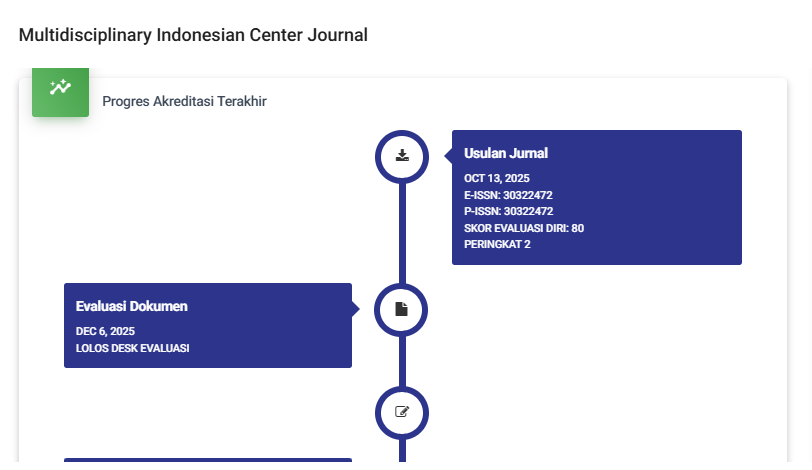AHMADDIYAH(ANALYSIS CRITICAL TO THEOLOGY AND ITS DEVELOPMENT)
DOI:
https://doi.org/10.62567/micjo.v2i2.526Keywords:
Ahmadiyya, theology Islam, Mirza Ghulam Ahmad, development, criticism theologyAbstract
Ahmadiyya is a religious movement that emerged in India in the late 19th century and claims to be part of Islam, but with some significant theological differences from the main teachings of Islam. One of them the most prominent aspect is the recognition of Mirza Ghulam Ahmad as reformer, messiah, and prophet, who became point difference main from perspective theology Islam current main. Study This aiming For analyze the theological concepts of Ahmadiyah and their influence on the views of Muslim society towards this group, and how the Ahmadiyah movement has developed in various parts of the world. This study uses a descriptive qualitative approach with a critical analysis method of Ahmadiyah doctrine and development in the historical, social, and cultural contexts. culture. Based on the analysis, it was found that Ahmadiyah teachings caused controversy among Muslims, which resulted in this group experiencing various forms of rejection, even discrimination. This conclusion is expected to provide a deeper understanding of the dynamics of Ahmadiyah theology and development, as well as the challenges faced in efforts to legitimize itself in the midst of Muslim society.
Downloads
References
Al-Qur'an Al- Karim.
Ahmad, Mirza Ghulam. (2005). Izala Oh my. Rabwah: Islam International Publications.
Al-Khalidi, Tahir Mahmood. (2010). Islam and Ahmadiyyah: A Analysis or Sectarianism and Modernity.
London: Islamic Publishing House.
Asad, Muhammad. (1980). The Message of the Quran. Gibraltar: Dar Al-Andalus.
Friedmann, Yohanan. (2003). Prophecy Continuous: Aspects of Ahmadi Religious Thought and Its Medieval Background. Oxford: Oxford University Press.
Lavan, Spencer. (1974). The Ahmadiyah Movement: A History and Perspective. Delhi: Manohar Book Service.
Rahman, Fazlur. (1982). Islam and Modernity: Transformation of an Intellectual Tradition. Chicago: University of Chicago Press.
Shihab, M. Quraysh. (2009). Interpretation al-Mishbah: Message, Impression, And Harmony Al-Qur'an. Jakarta: Lantern Heart. Smith, Wilfred Cantwell. (1969). *Modern Islam in India: A Social
Downloads
Published
How to Cite
Issue
Section
License
Copyright (c) 2025 Abdul Mannang, Barsihannor, Mahmuddin

This work is licensed under a Creative Commons Attribution-ShareAlike 4.0 International License.



























